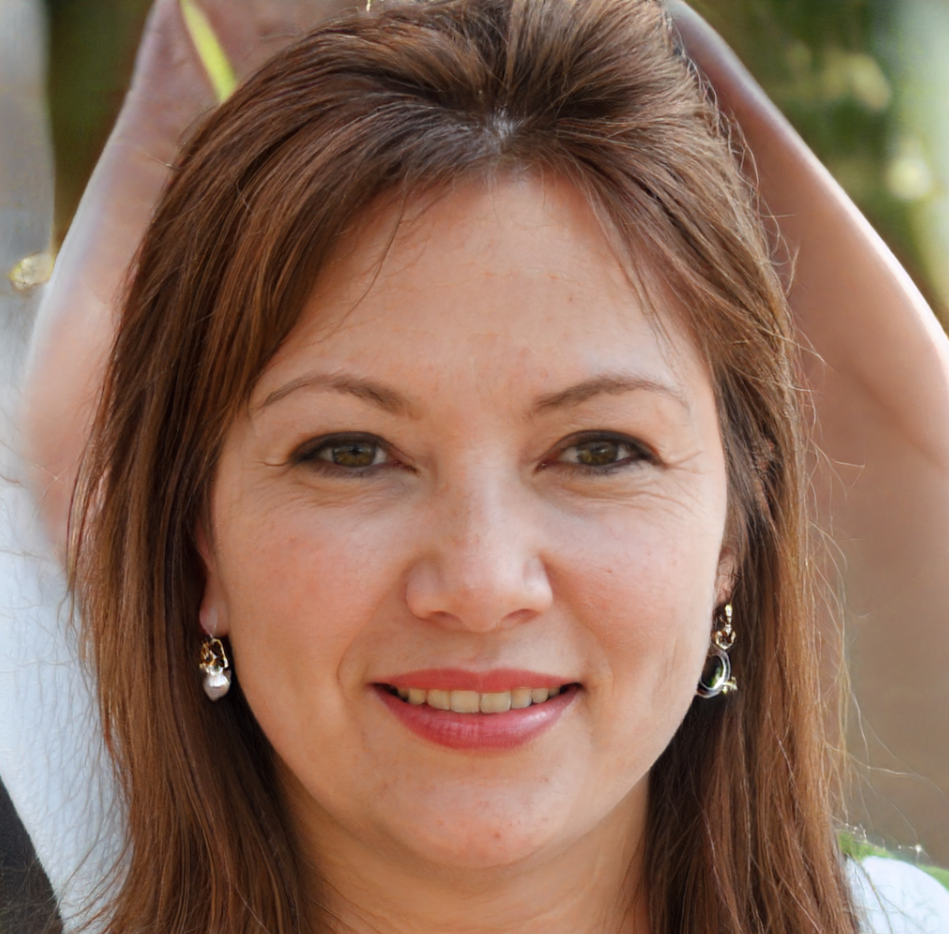Hair Loss after workout at the gym exercise
235 View
Share this Video
- Publish Date:
- 2 November, 2024
- Category:
- Hair Loss
- Video License
- Standard License
- Imported From:
- Youtube
Tags
Hair Loss after workout at the gym exercise
Hello! Thank you for sharing your experience, and I completely understand how concerning it must be to notice hair shedding at your age. It’s a sentiment I encounter regularly, and I assure you, you’re not alone in feeling the way you do.
Coming back to your experience of hair fall tied to gym activities and lifestyle changes is quite insightful. To put your mind at ease, I’d like to explain why hair fall may coincide with gym workouts and provide some guidance on managing it sustainably.
1. Workout Stress & Telogen Effluvium
When we engage in intense physical activity, especially if it’s a new routine or a sudden increase in workout intensity, the body can perceive it as a form of stress. This “shock” can lead to a type of temporary hair loss called Telogen Effluvium. It doesn’t mean the hair is gone permanently; rather, it’s a shift in the hair growth cycle where more hair strands move from the active (anagen) phase into the resting (telogen) phase, causing increased shedding.
In most cases, if the stressor (like sudden changes in physical activity) is managed, hair growth can gradually return to its natural rhythm within a few months. During the previous episode, it seems that adjusting to a balanced diet, rest, and a calm environment helped reverse the shedding, suggesting that your hair may be sensitive to lifestyle changes.
2. Genetic Predisposition to Hair Loss:
You mentioned a family history of hair loss on your paternal side. Genetics plays a significant role in hair health, especially in male pattern baldness (androgenetic alopecia). This genetic sensitivity makes hair follicles more susceptible to hormonal changes that can be aggravated by lifestyle stressors. While gym activities themselves don’t directly cause genetic hair loss, the associated testosterone boost can, in genetically predisposed individuals, influence hair shedding.
3. Diet, Sleep, and Recovery:
As you discovered, a nutrient-rich diet, good sleep hygiene, and a stress-free environment can have a significant positive impact on hair health. During workouts, our body demands more nutrients to recover and rebuild, and any deficiency, especially in proteins, iron, biotin, zinc, and vitamin D, can reflect on hair health. Ensuring that your diet compensates for this increased demand can help protect your hair.
4. Tips for Maintaining Hair Health While Pursuing Fitness:
Here are some guidelines to balance gym workouts with hair health:
Gradual Intensity Increase: If you’re rejoining the gym after a break, try to increase the intensity gradually rather than jumping straight into a high-intensity regimen.
Anaerobic exercise: Excessive anaerobic exercises are not good for the hair if you carry the baldness gene.
Balanced Nutrition: As you rightly identified, a well-rounded diet is crucial. Prioritize high-quality protein, iron, omega-3s, and antioxidants to counteract any potential nutritional gaps.
Supplement Wisely: Whey protein and isolates are a huge no-no
Scalp Care and Hygiene: Post-workout scalp care is essential, especially if sweating heavily during exercise. Keeping the scalp clean can prevent issues like dandruff or buildup that might contribute to hair shedding.
Monitor and Adjust: Track any shedding you notice. If it becomes significant, consider consulting a hair specialist to assess for any other contributing factors, like early androgenetic alopecia, which can often be managed well if addressed early.
5. Early Signs of Genetic Hair Loss – And When to Consult a Specialist
Given the family history, it’s wise to stay observant. If you notice any pattern or specific areas thinning over time, early intervention can make a profound difference. Modern treatments can help manage genetic hair loss effectively if started in the early stages.
In conclusion, your hair’s response to life changes – from gym routines to diet – shows how interconnected hair health is with overall lifestyle and genetics. Continue prioritizing balanced health habits, and remember that temporary shedding in response to stress or changes is quite common. If concerns persist, a consultation could clarify whether any early genetic signs might benefit from preventive measures.
Stay motivated in the gym, keep taking care of yourself holistically, and feel free to reach out anytime if you have more questions. Here’s to balanced health and a happy scalp!
Warm regards!
#workout #bestthingstodoafterthegym #things you should do after the gym














